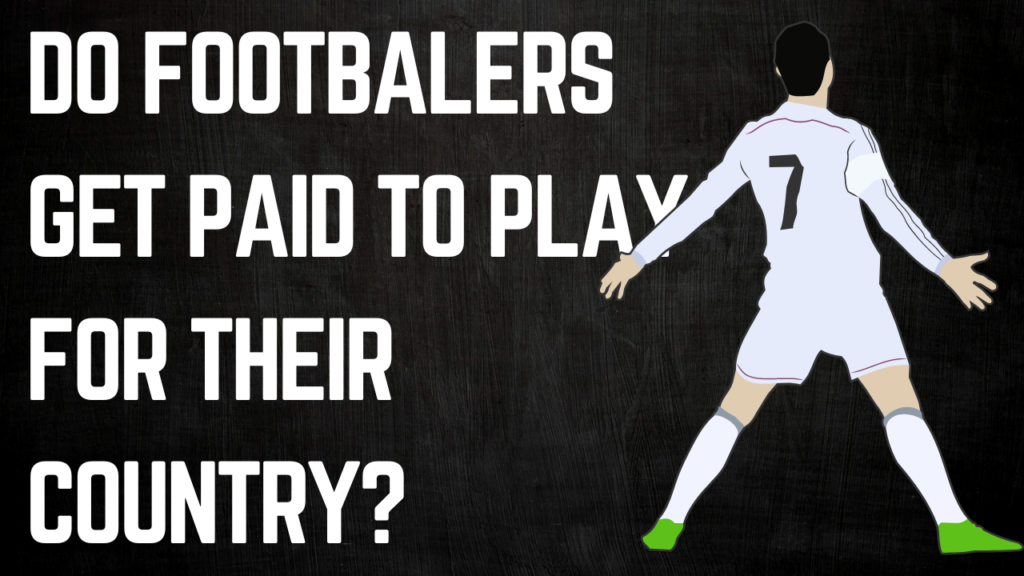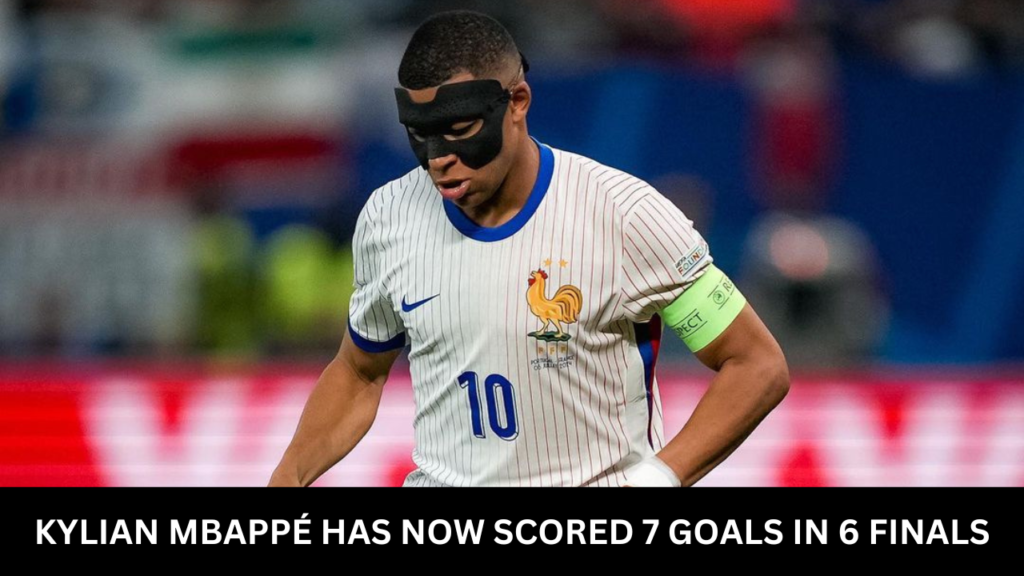The Million-Dollar Question: Do footballers get paid to play for their country?
The question of whether footballers get paid to play for their country has long been the subject of debate. Traditionally, international football was being played with players who were not being paid hence the earlier mentioned concept of amateurism. However with the growth of the sport and especially with the commercialization of the sport the situation changed.

The Shift to Professionalism
Finally, the seeds for change were to be sown in the early 1970s and there is hardly anything that defines any era of international football more than professionalism. Preparations for the FIFA World Cup tournament of 1974 made a standard shift from the previous amateurism ethos since players who were receiving money from their clubs were not concealed. This change was as a result of the growing interest in the sport and the need to get the best players in the world.
Current Compensation Models
Currently, footballers are rewarded for playing in their various national teams through different ways. The most standard method is fee structure through fixed appearance fees that grant a particular sum of money for each match performed. However, the exact sum oft has depended on such factors as the participants’ popularity, the sportiveness of the match, and the financial possibilities of the football federation.
READ ALSO : Top 10 Highest-Paid Players in Qatar Football League in 2024
Apart from the appearance fees, players of football may negotiate for the performance bonuses as well. These are the bonuses offered depending on certain parameters such as a victory in the tournament or having a statutory number of goals having been attained. Bonus attracts a lot of earnings over the course of the competition, especially at World Cup events for most players.
The other mode through which footballers can make their income from the game is through bonuses and sponsorships. Currently, several athletes have sponsorships for various merchandise for instance, trainers, clothes, and foods. These endearments can be a major source of income and this can be so even when the player is no longer on active national team duty.
The Debate on Fair Compensation
The question of reasonable remuneration of the external players of the soccer world is still an open one. Critics have proposed that players should be paid for their international duties, since most of them lose time and energy tackling their transnational responsibilities. They argue that players should be compensated for their efforts in the national team and the privilege of having international football.
On the other hand, there are those who opine that players should not be paid their fees for wearing their countries’ jerseys. Some claim that it is an honor and a privilege to play for one’s country and thus the money will tend to thwart the spirit of amateurism and put a lot of pressure on the players.
Ethical Implications
Another issue of ethical concern is the kind of remuneration that should be offered to the players playing national teams. Critics believe that a lot of bad blood may result because having financial motivation in the game means that most of the players may be motivated to engage in match-fixing to make their personal gains at the expense of their teams/ countries. Also, the fear exists that payment will take away from the spirit of the game thus reducing its potential as a symbol of a nation.
Conclusion
The question of whether footballers should be paid to represent their countries is a complex one with no easy answer. While the concept of amateurism has largely been abandoned in modern international football, the debate over fair compensation continues. As the sport continues to evolve, it is likely that the issue will remain a topic of discussion for years to come.




